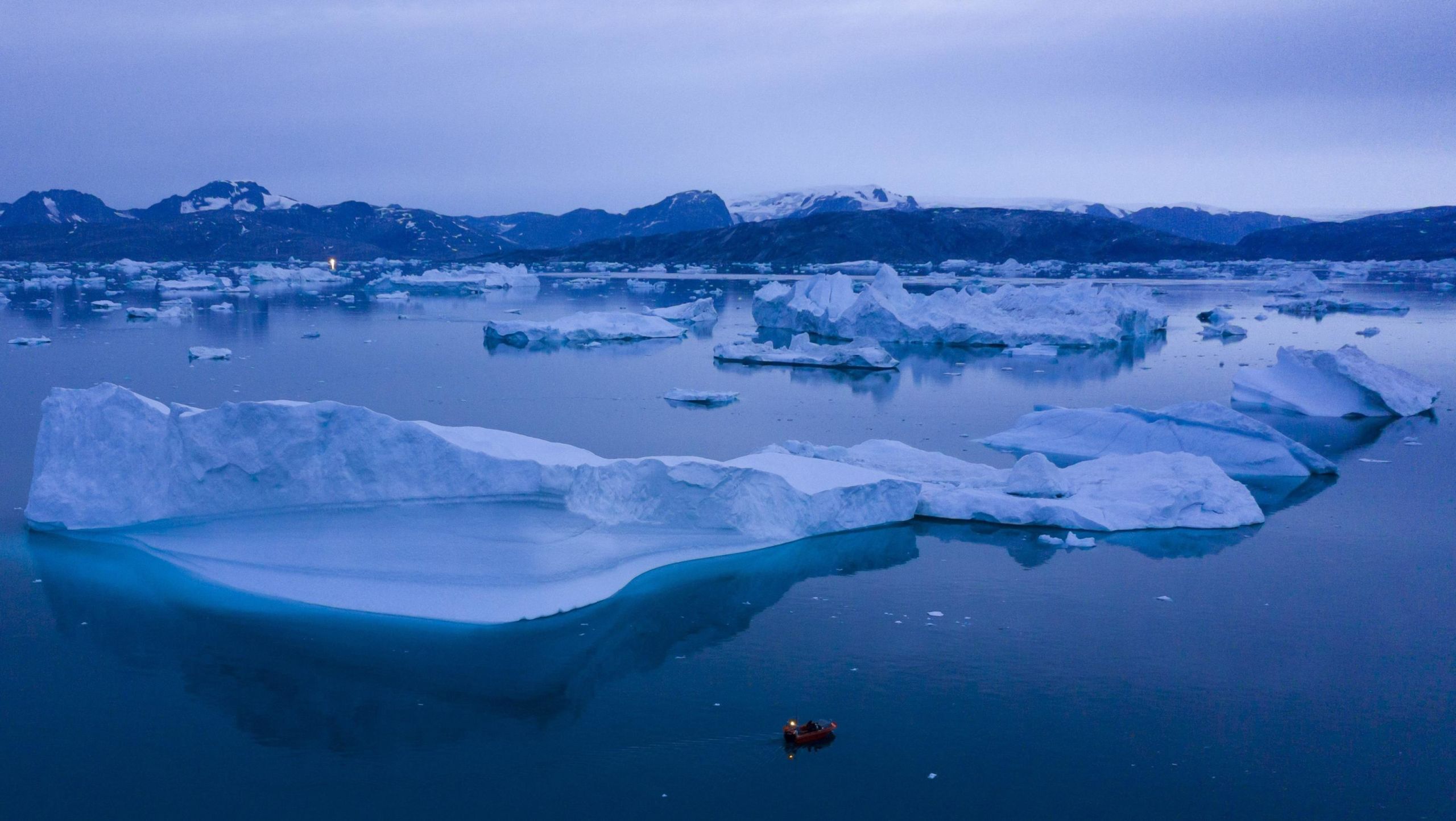FROM ICE TO WATER
Story Behind the planet "brimming" with water
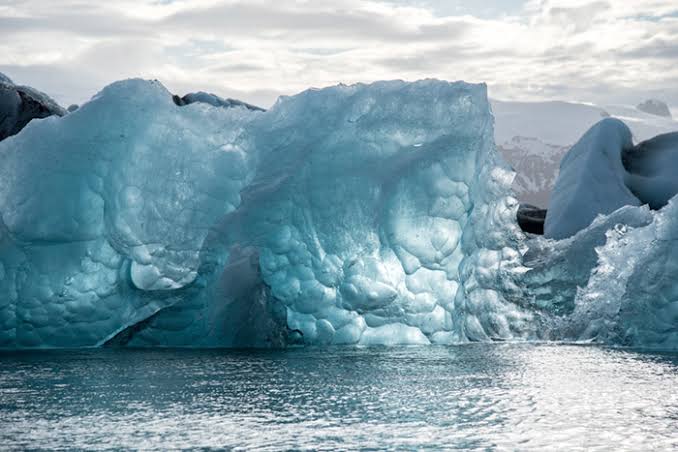
Global sea level has been increasing dramatically in recent years. Rapid sea-level rise is likely to be the greatest climate change challenge to the ecosystem. It's mainly happening due to the melting glaciers and thermal expansion of warmer water. In 2014, the global sea level was 2.6 inches higher than the 1993 record. Sea level continues to rise at a rate of about one-eighth of an inch every year.
When the sea level is increasing, there are possibilities of storms and flooding. World's greener elements are now turning into burning elements. The oceans are absorbing more than 90 percent of the increased atmospheric heat associated with emissions from human activity. According to the U.N. Atlas of the oceans, eight of the world’s 10 largest cities are near the coastal area. Most of the coastal habitats are already being flooded with all the plastic wastes and all sorts of human waste.
Average sea levels have swelled over 8 inches (about 23 cm) since 1880, with about three of those inches gained in the last 25 years. Every year, the sea rises another .13 inches (3.2 mm).
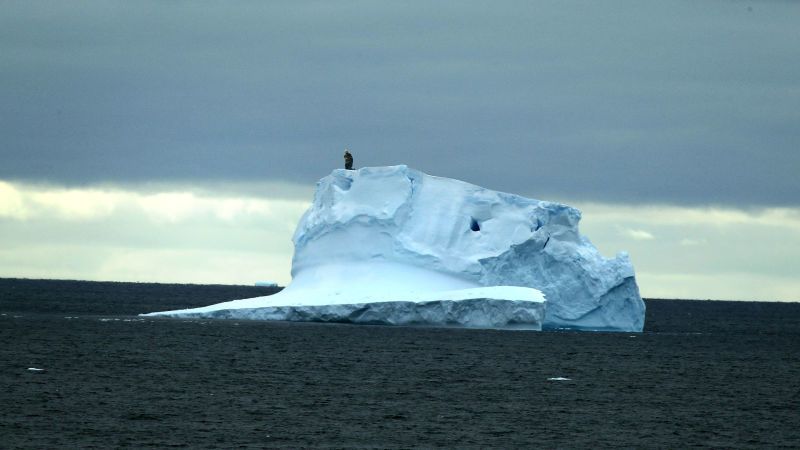
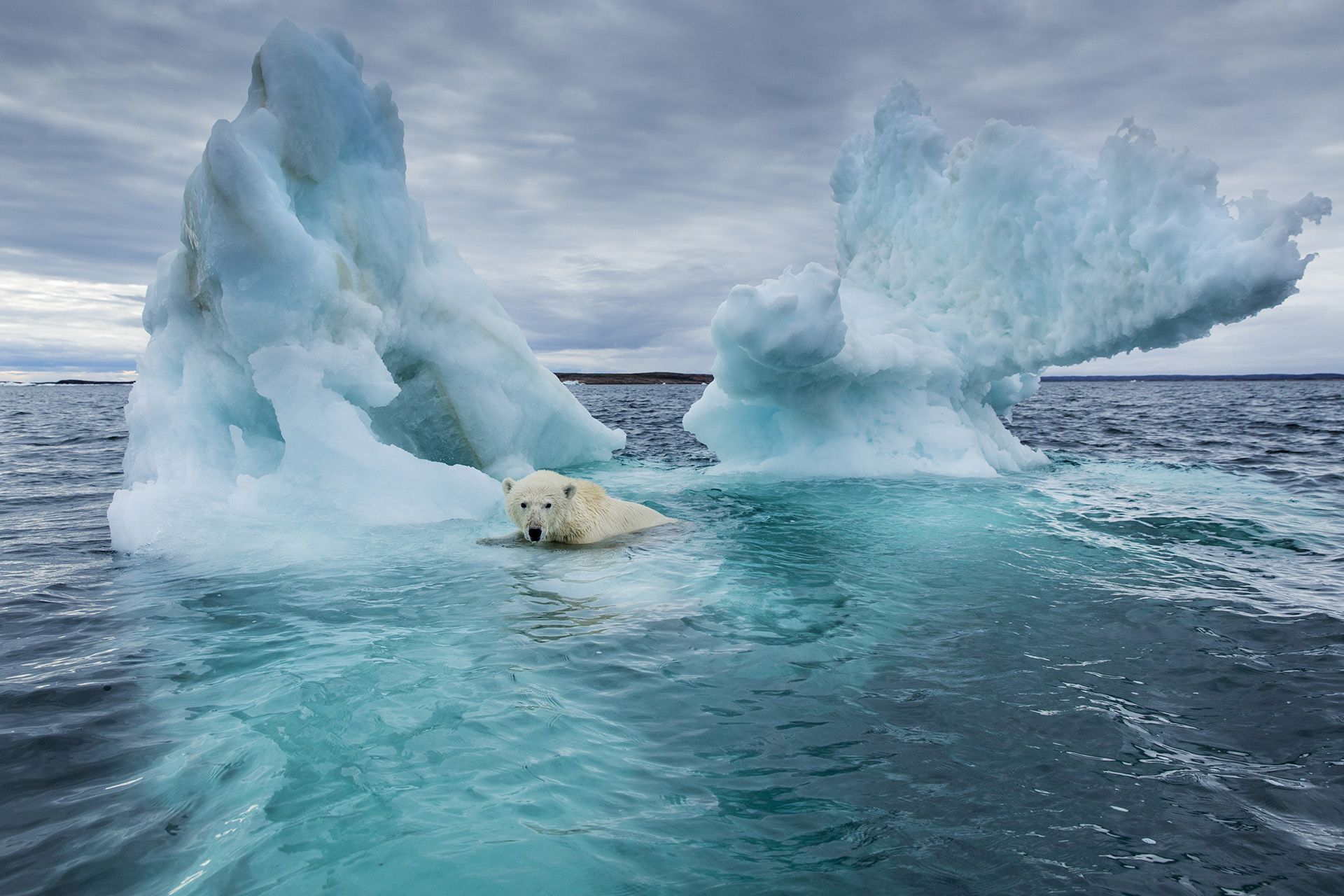
From the past 25 years, the warmer oceans has been occupying more space due to the thermal expansion. It mainly occurs when the water heats up and starts expanding.
87% of the world’s oceans are dying and variety of fish has been migrated.
They are also affected from their reproduction. People have been discarding fishing gear in waters and the surge of microplastic in the marine habitats are causing two types of plastic pollution to the imprelling fish.

Upto 300,000 small whales, dolphins, and porpoises are getting entangled and killed by the discarded fishing gear each year.
According to Marcus Eriksen, with the estimate amount of 5.25 trillion pieces of microplastic are being disposed in marine environments and overall plastic is expected outweigh fish in the world’s oceans by 2050.
Humans are continuously pouring greenhouse gases into the atmosphere, oceans are in a great danger. The world's seas have absorbed more than 90 percent of the heat from these gases. Well, 2018 has set a new record for ocean heating.
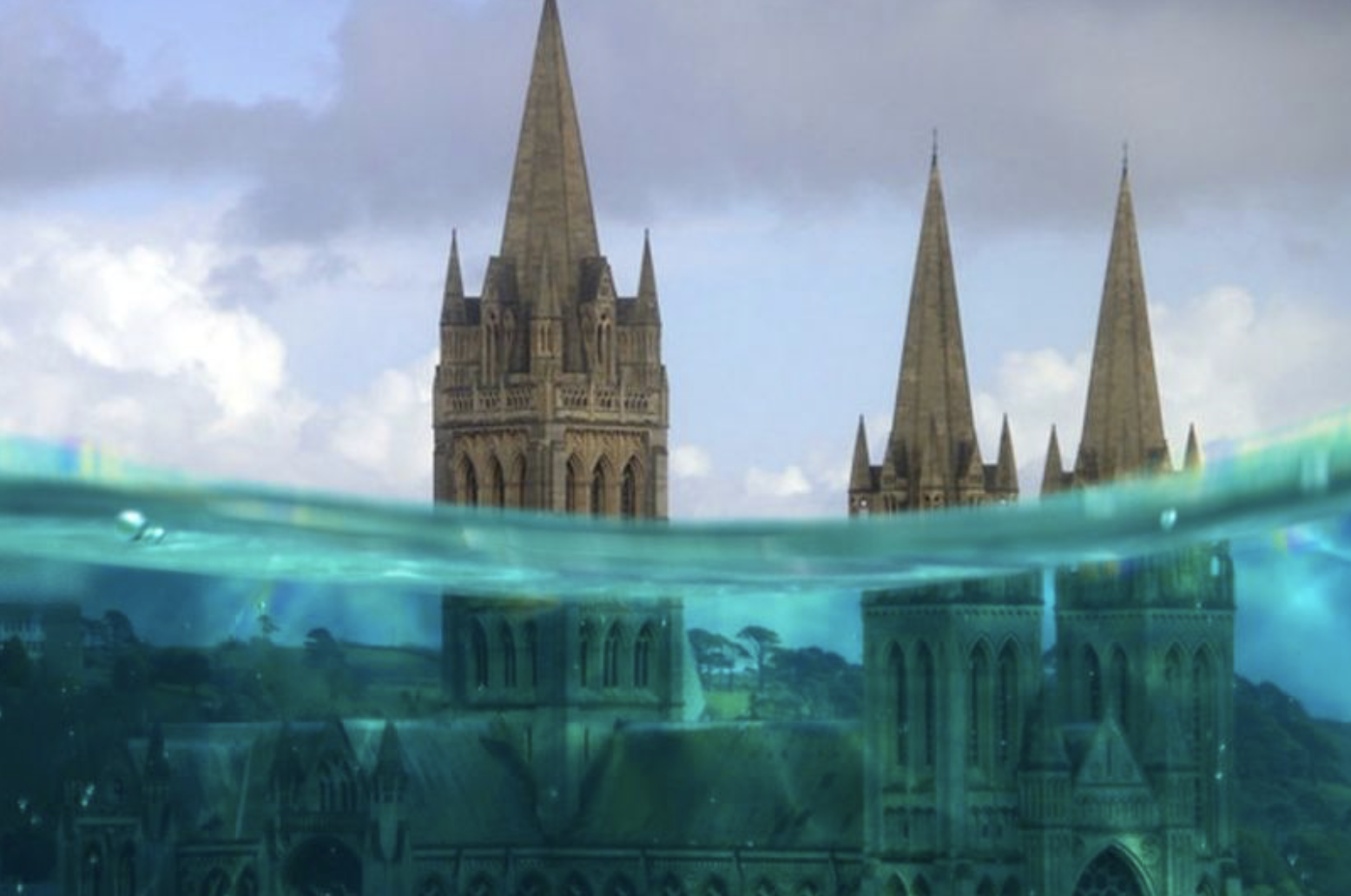
Many people think of global warming as a problem to face when the situation is at its worst. Some don't even understand the amount of risks it carries. Millennials are starting to accept the changes and trying to bring in some improvement by cleaning the oceans and trying to bring awareness among the people.
